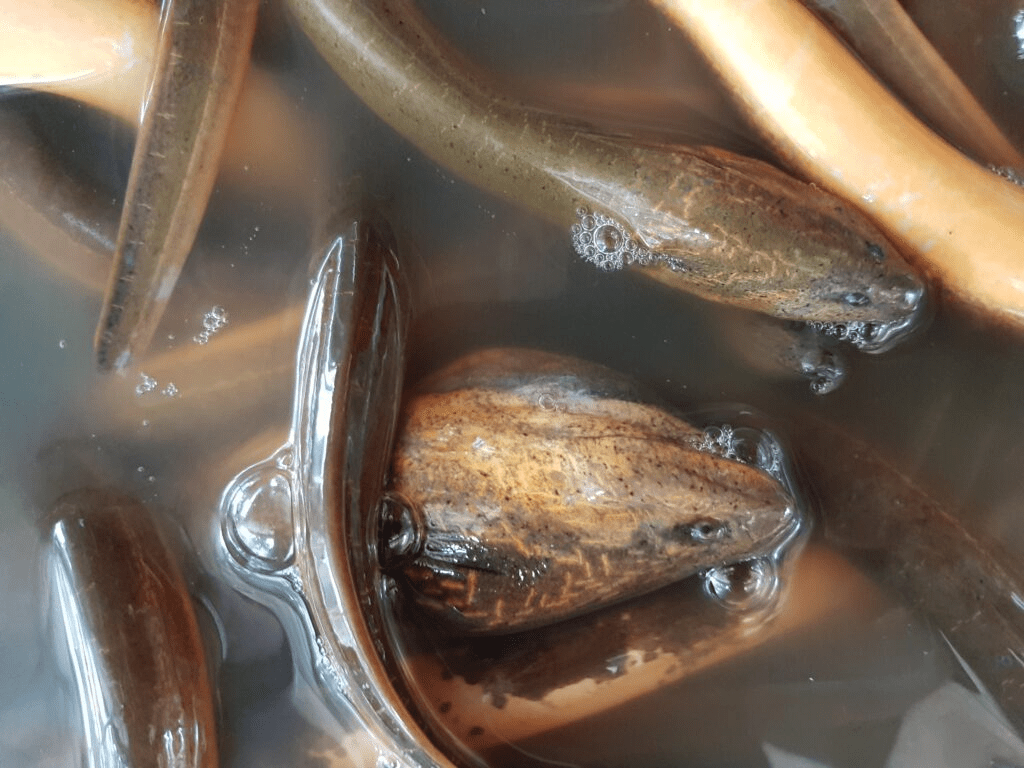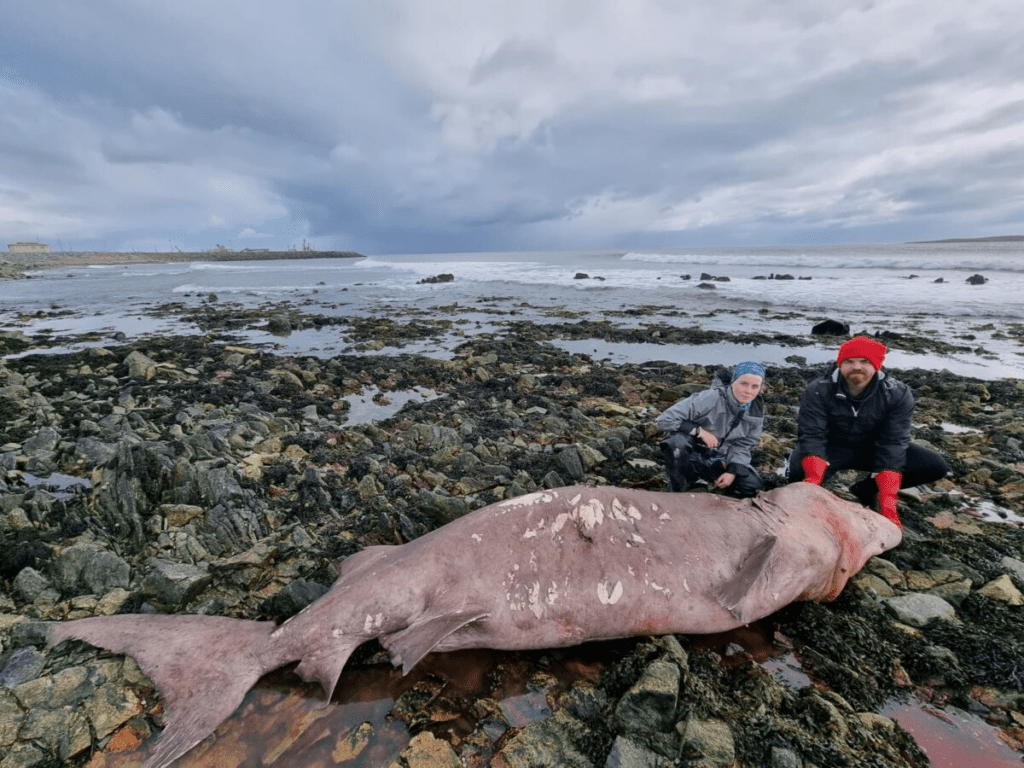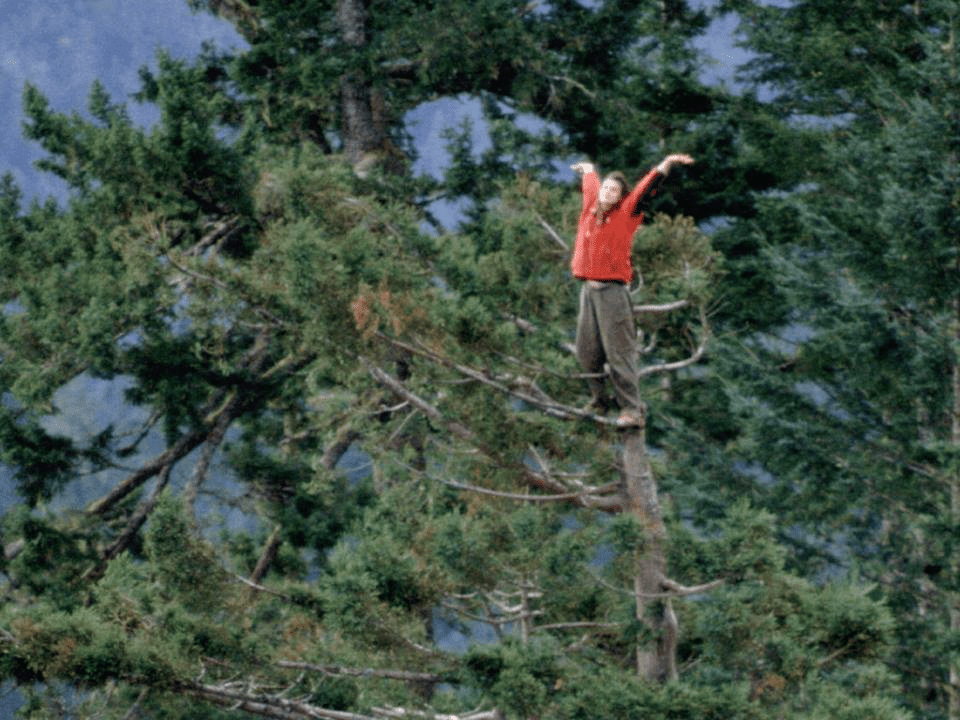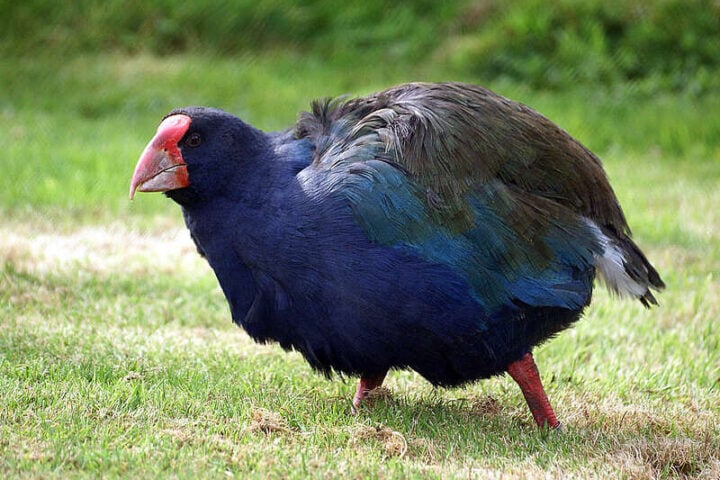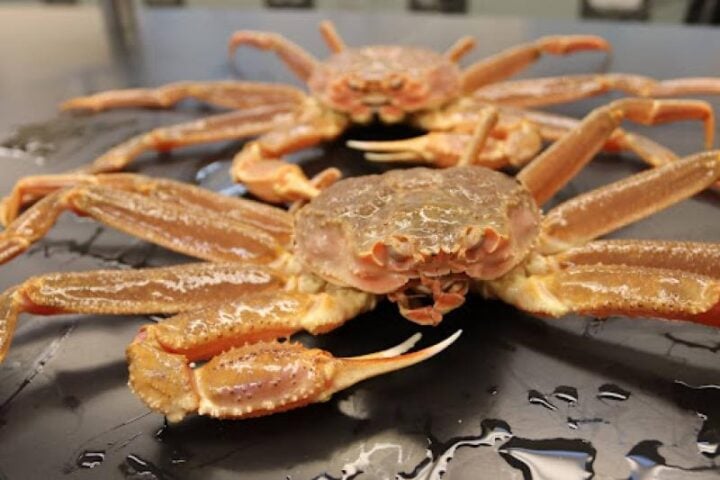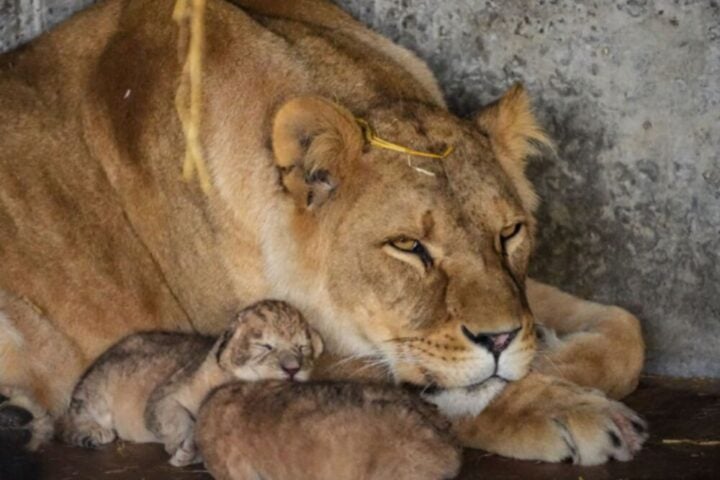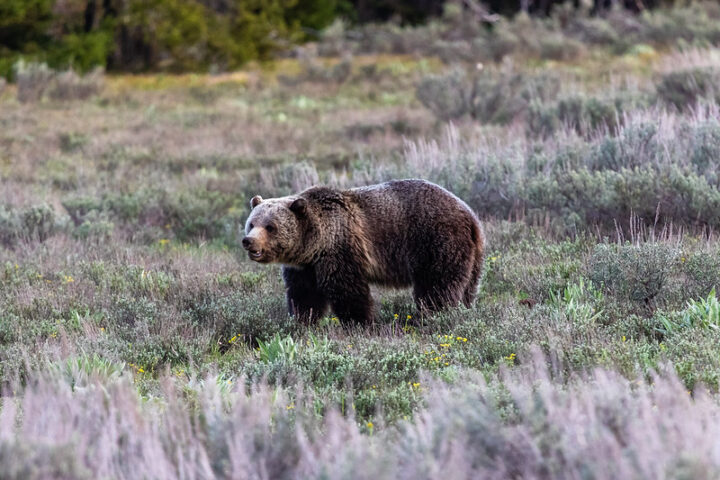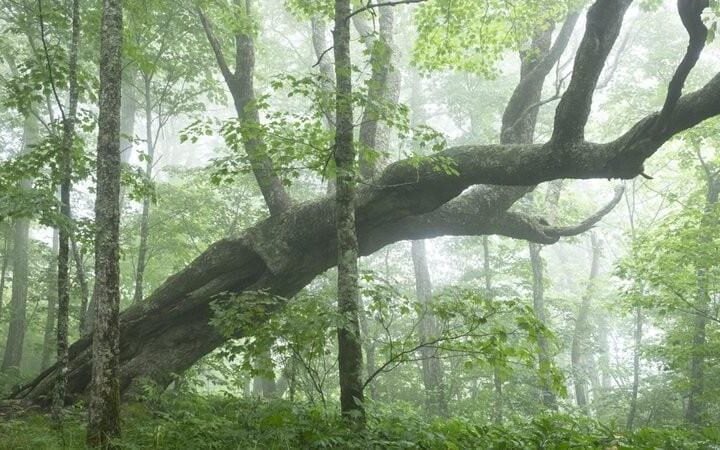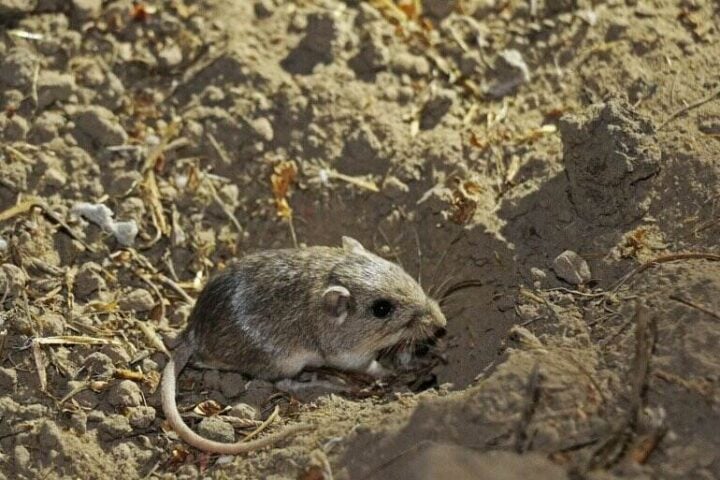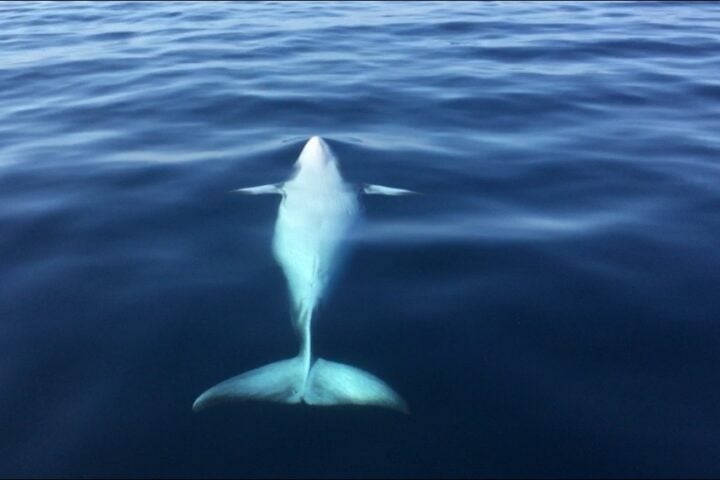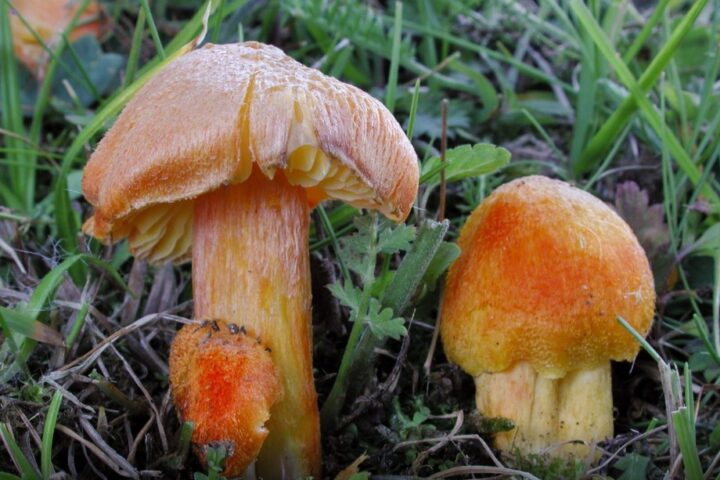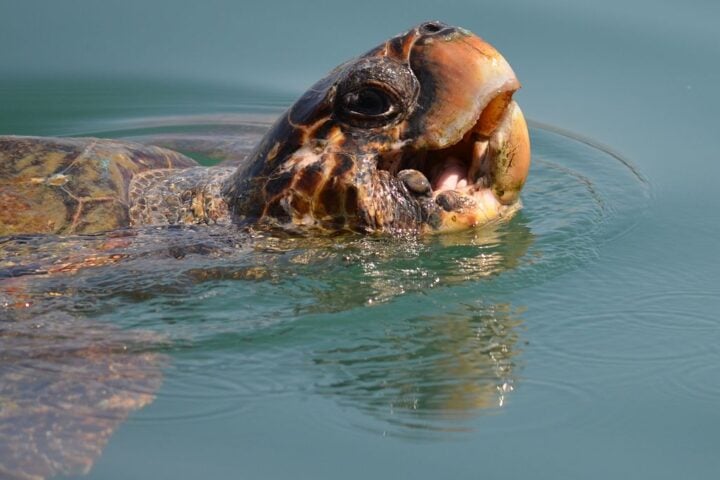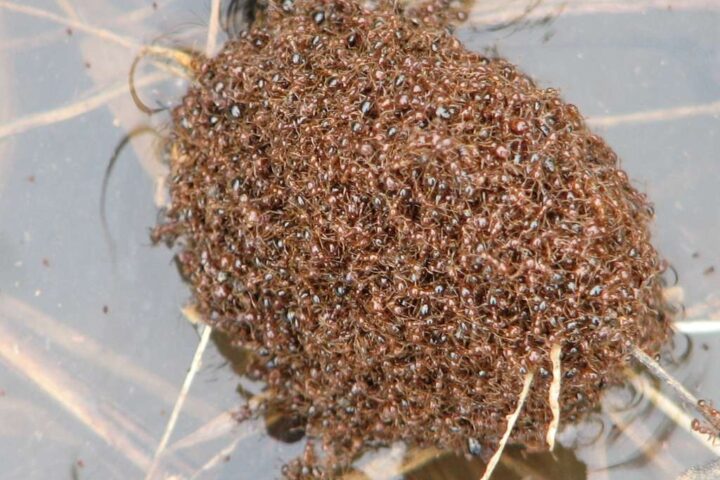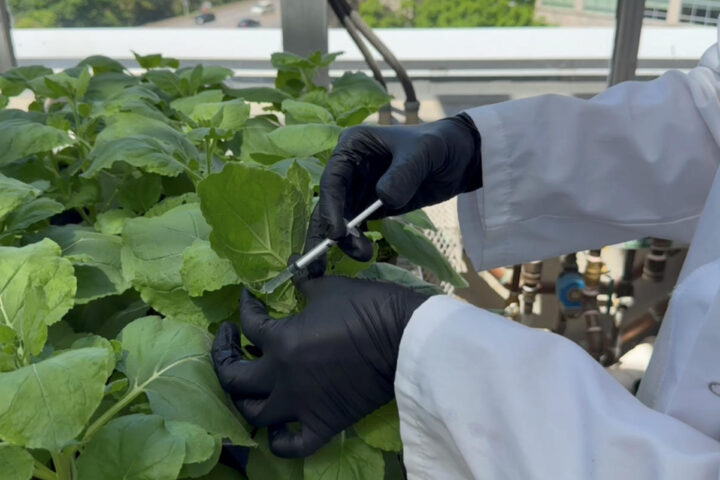The Asian swamp eel is causing havoc in the Everglades ecosystem due to its invasive properties.
The eels are believed to have arrived in South Florida through the pet trade or the food industry.
Researchers have been aware about the eels in canals since the 1990s, but they have recently started progressing into the wetlands of Everglades National Park.
The eels have unique abilities to survive in South Florida’s flood and drought conditions.
The eels have both gills and lungs, which enables them to survive both on water and land.
A recent study reveals that the eels have wiped out two species of crayfish in the Everglades.
The eels are having a drastic impact on the food web, as they are consuming crayfish and other small fish, which are a significant food source for wading birds.
The eels could have a similar impact on the wading bird population as the Burmese python has had on small mammals.
The eels are living in areas most visitors to the Everglades see, such as Anhinga Trail and Shark Valley.
The federal government and the State of Florida are set to spend $2 billion on Everglades restoration projects, but the spread of the Asian swamp eel could diminish the benefits.
Researchers are hopeful that predators in the system will start to eat the eels and slow down their growth.
The loss of two species of crayfish and two native fish due to the eels is very alarming and could have potential effects on weight and breeding success across the trophic levels.
